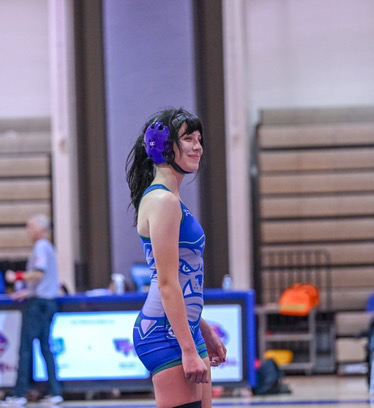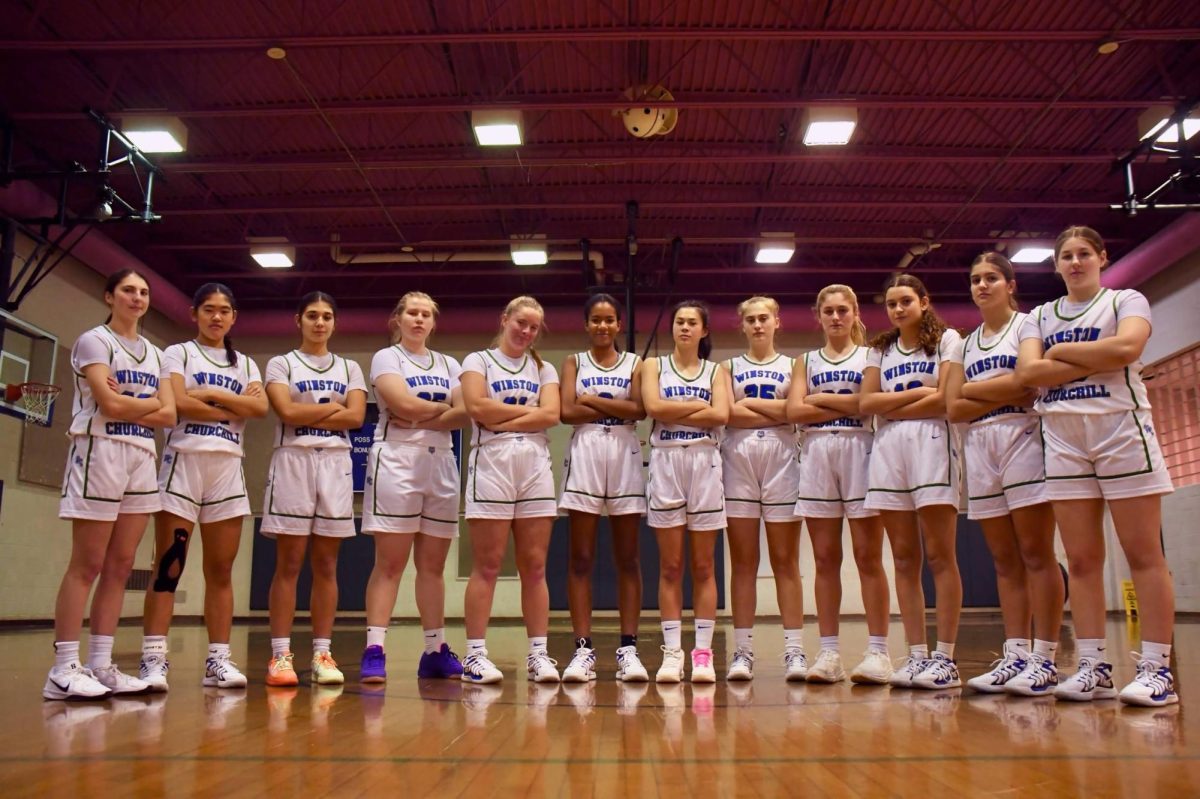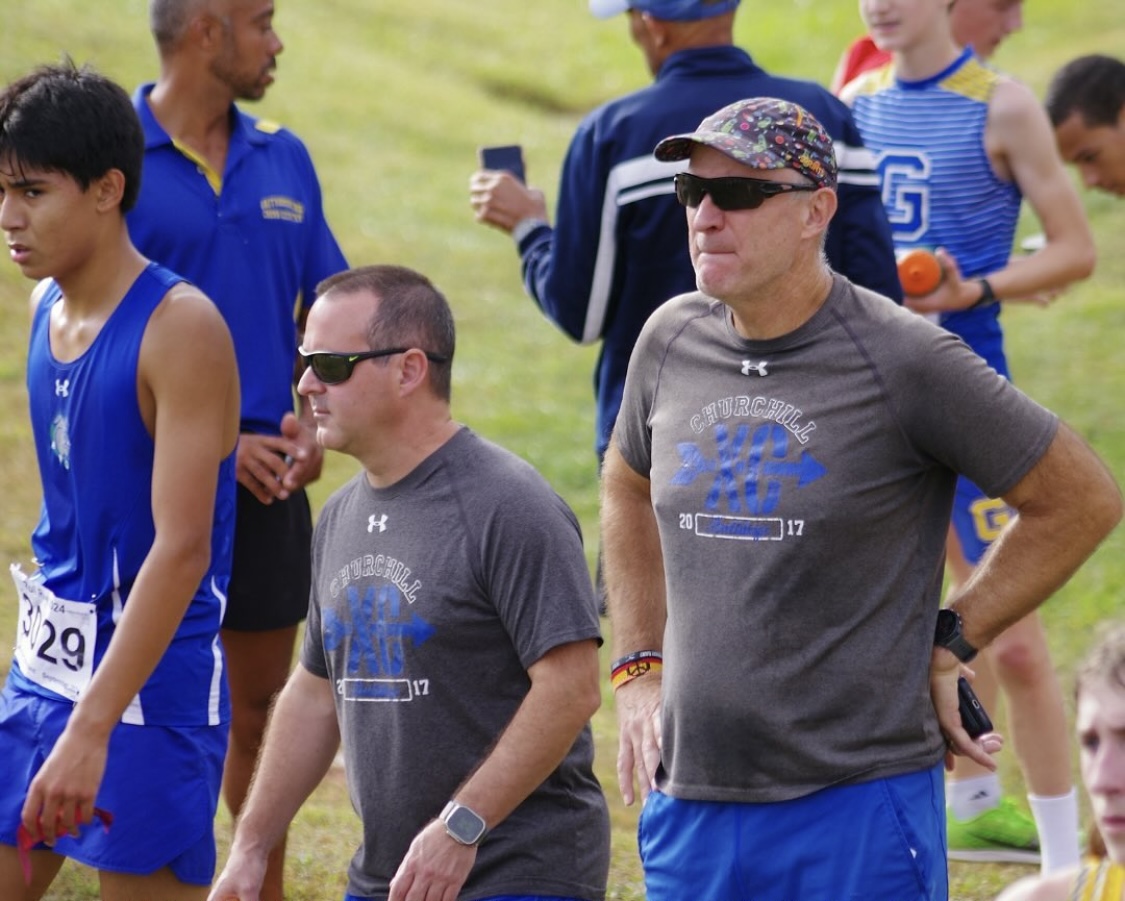The college recruitment process began over a year ago for junior runner Lucy Srour, but only recently has the interest become more intense.
While it was mostly assistant coaches who made contact with Srour, occasionally head coaches also took the time to pitch their schools to the three-year varsity track star.
“They would tell me how successful their teams were in the past and how experienced they are with coaching,” Srour said.
According to Srour, the main methods of communication largely consisted of emails, Facebook messages and calls from coaches. Though college coaches could not directly call athletes like Srour until July 1 of their junior year, many have been able to keep up communication through letters and assistants.
“I’ve been getting letters since fall of sophomore year, but coaches didn’t really start contacting me until just about a month ago,” Srour said.
While most students are stressed out by the college admissions process, the benefits of being recruited took away much of the pressure.
“I enjoyed it,” Srour said. “It wasn’t stressful or anything. It was pretty easy, just a lot of typing emails and filling out questionnaires.”
According to Srour, most track athletes are expected to commit to a school after their spring track season. While she was initially concerned that she was behind many of her fellow athletes, Srour soon realized that she was on a similar recruitment pace to most of her peers.
“At first I thought I was too late starting the process, but then I realized I was pretty much on track,” Srour said.
No two athletes handle the recruitment process the same way, but Srour has managed to figure out how to balance out her commitments to both school and athletics. At the very least, it has made the normally difficult college admissions process a bit easier.







